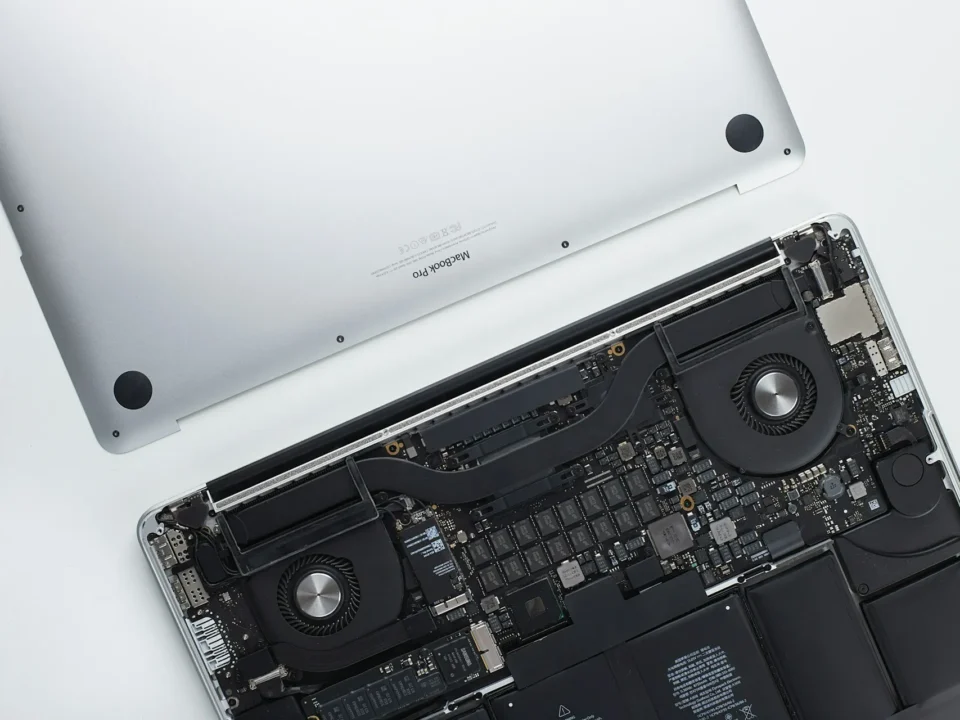What is an antivirus system and why you need it?

Mastering the Basics What You Need to Know About System Backups
January 4, 2024
What are the key components when building your computer system?
February 22, 2024An antivirus system, also known as antivirus software or anti-malware software, is a type of program designed to detect, prevent, and remove malicious software (malware) from computer systems. Malware includes various types of harmful software such as viruses, worms, trojan horses, spyware, adware, and ransomware.
The primary purpose of an antivirus system is to protect computer systems and networks from the potential damage and security threats posed by malicious software. Here are some key functions of antivirus systems:
- Scanning for Malware: Antivirus software scans files, programs, and the overall system for known patterns of malicious code. It uses a database of known malware signatures to identify and quarantine or remove threats.
- Real-time Protection: Many antivirus programs offer real-time protection by monitoring the system actively and blocking or quarantining potential threats as they are encountered. This helps prevent malware from executing and causing harm.
- Heuristic Analysis: Antivirus software often employs heuristic analysis to identify new and previously unknown forms of malware. This involves analyzing the behavior of programs to detect patterns that might indicate malicious intent.
- Quarantine and Removal: When a potential threat is identified, the antivirus software may quarantine the file or remove it entirely to prevent further harm to the system.
- Regular Updates: Antivirus databases need to be regularly updated to stay current with the latest malware threats. Users are typically encouraged to keep their antivirus software up to date to ensure protection against newly discovered threats.
- Firewall Integration: Some antivirus programs include firewall capabilities to monitor and control network traffic, adding an additional layer of security against online threats.
It’s important to note that while antivirus software is a crucial component of computer security, it should be used in conjunction with other security measures, such as keeping operating systems and software up to date, using strong and unique passwords, and practicing safe online behavior. Additionally, no antivirus solution can provide 100% security, so users should remain vigilant and take a multi-layered approach to cybersecurity.
How to choose an antivirus program for my system?
Choosing the right antivirus program for your system involves considering several factors to ensure effective protection against malware and other online threats. Here are some guidelines to help you make an informed decision:
Consider Your Operating System:
- Ensure that the antivirus program is compatible with your operating system (Windows, macOS, Linux, etc.). Some antivirus solutions are specifically designed for certain platforms.
Features and Protection Level:
- Evaluate the features offered by the antivirus program. Look for real-time scanning, heuristic analysis, firewall protection, email filtering, and other security features. Choose a program that provides comprehensive protection against a wide range of threats.
Effectiveness Against Malware:
- Research the antivirus program’s track record in terms of detecting and removing malware. Independent testing organizations, such as AV-Comparatives, AV-Test, and others, regularly evaluate antivirus software and provide comparative reports. Check these reviews to assess the effectiveness of the antivirus solution you’re considering.
Resource Usage:
- Consider the impact of the antivirus program on your system’s performance. Some antivirus solutions may consume more system resources than others, potentially slowing down your computer. Choose a program that strikes a balance between effective protection and minimal impact on system performance.
Ease of Use:
- Choose an antivirus program that has an intuitive and user-friendly interface. The software should be easy to install, configure, and use, even for individuals with limited technical knowledge.
Updates and Support:
- Regular updates are crucial for antivirus software to stay effective against new threats. Ensure that the program you choose provides timely updates to its virus definition database. Additionally, consider the level of customer support offered by the antivirus vendor.
Cost and Licensing:
- Consider your budget and the pricing model of the antivirus program. Some antivirus solutions offer free versions with basic protection, while others are subscription-based. Evaluate whether the features provided in the paid version justify the cost.
Reputation and Reviews:
- Research the reputation of the antivirus vendor. Look for reviews from other users and check whether the company has a history of providing reliable and effective security solutions.
Additional Features:
- Some antivirus programs offer extra features such as password managers, VPN services, and online backup solutions. Consider whether these additional features align with your needs.
Trial Versions:
- Many antivirus programs offer trial versions that allow you to test the software before making a purchase. Take advantage of these trials to assess the program’s compatibility with your system and its overall performance.
By considering these factors, you can make an informed decision and choose an antivirus program that best fits your system and security needs. Remember to keep your antivirus software updated regularly to ensure protection against the latest threats.
It’s essential to note that free antivirus programs often come with limitations compared to their paid counterparts. They may lack certain advanced features, such as firewall protection, secure browsing tools, or additional layers of defense. Users should also be cautious when downloading free antivirus software from unofficial sources to avoid potential security risks.
For the most up-to-date information, consider checking recent reviews and comparisons to make an informed decision based on your specific needs and preferences.




